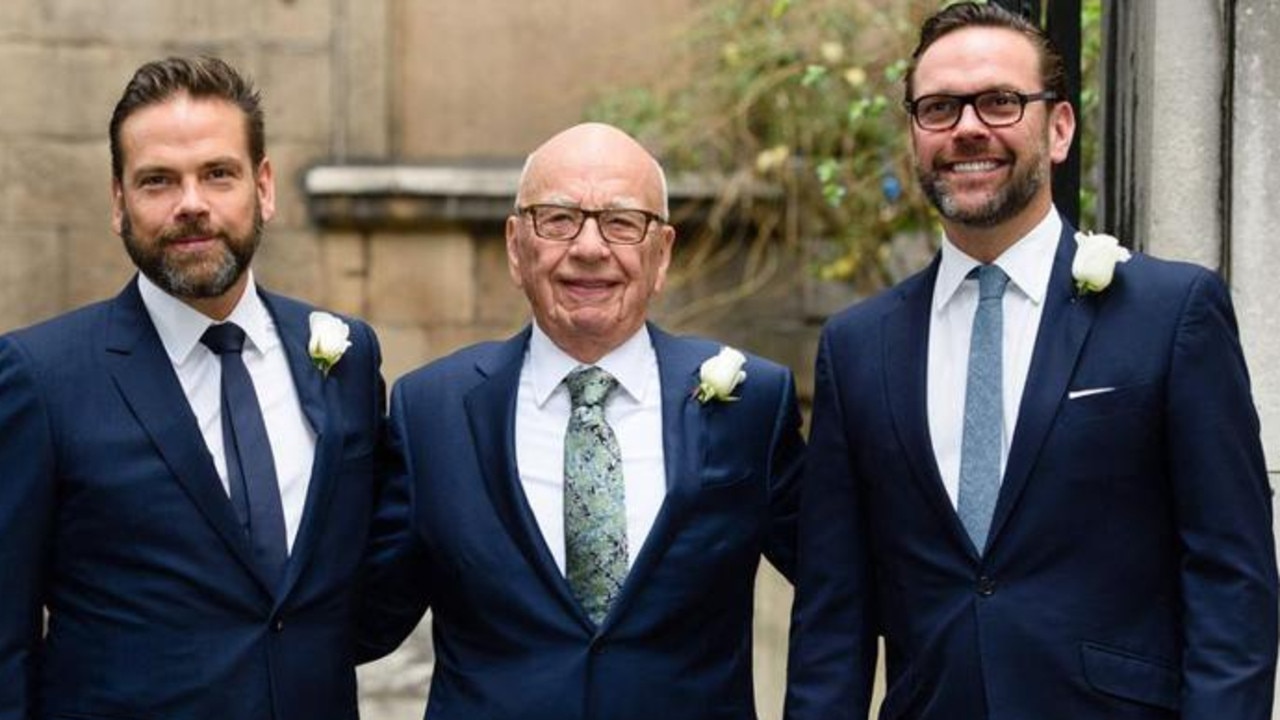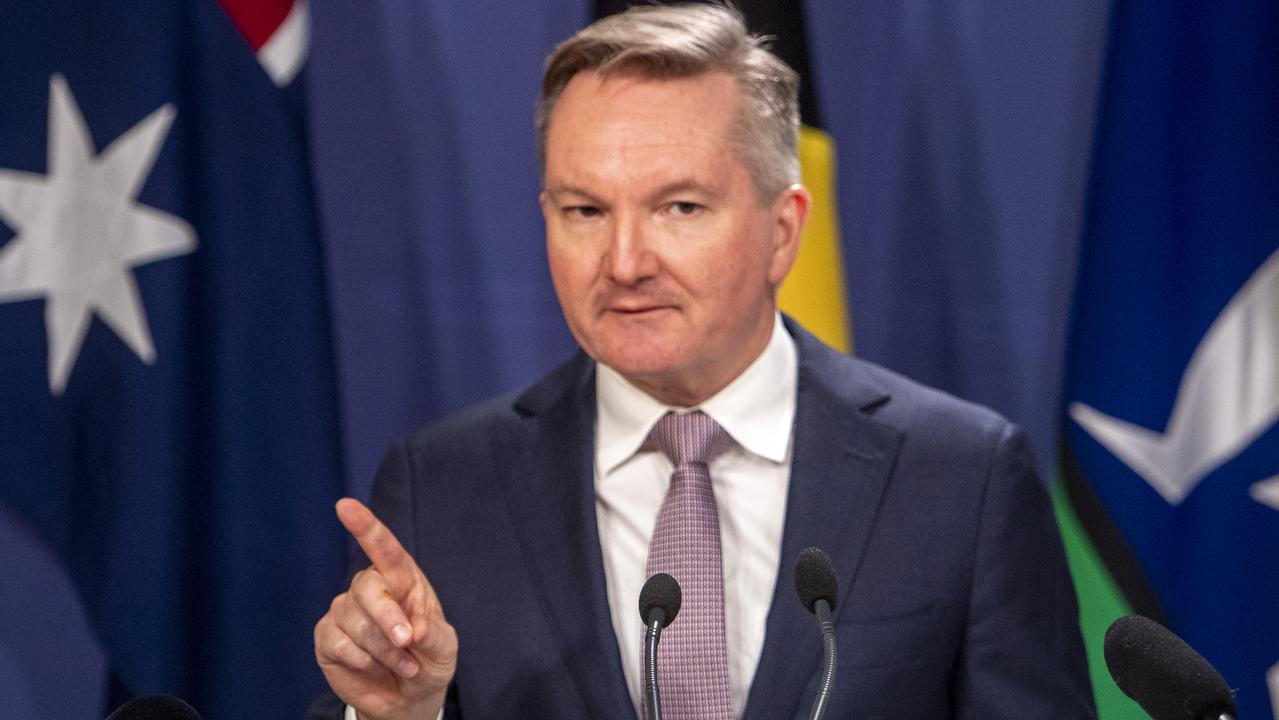Budget won’t be slam dunk the PM desperately needs
Pressure is intensifying on the government to ease what is already a significant cost of living burden in the budget announcement, but their options are severely limited.
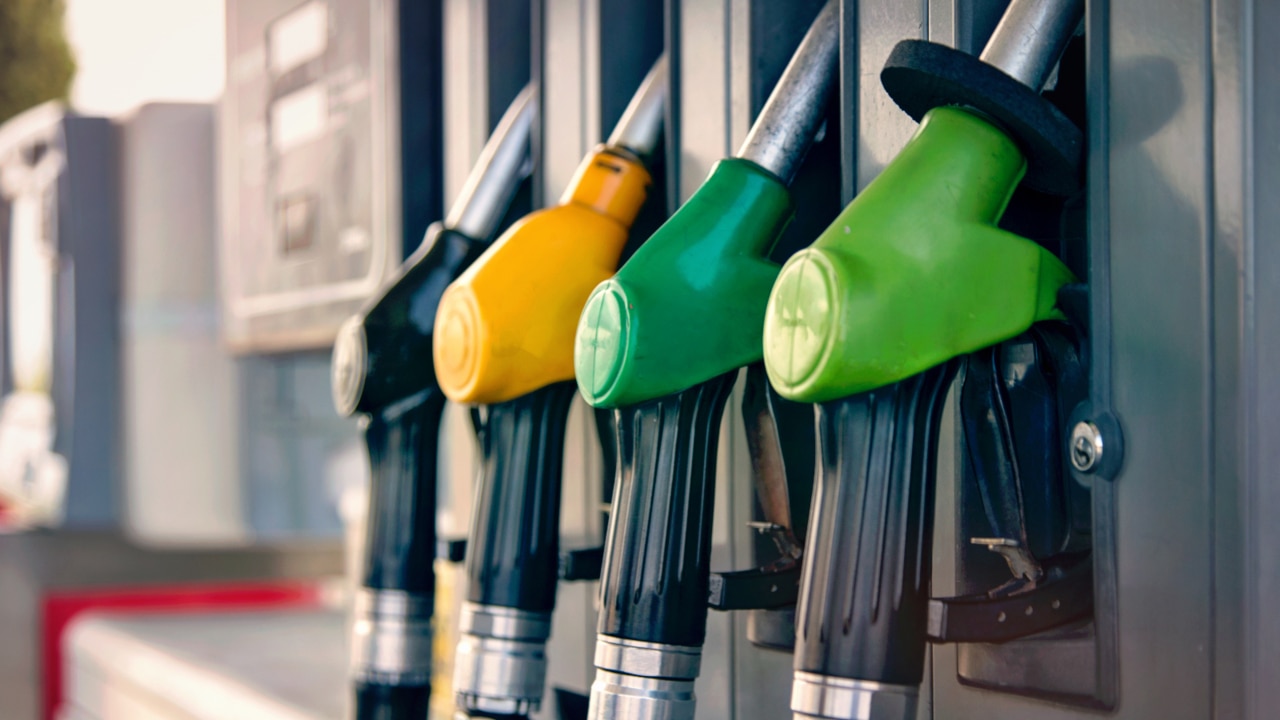
Opinion
Don't miss out on the headlines from Opinion. Followed categories will be added to My News.
Watching Coalition ministers tie themselves in knots over calls to cut the fuel excise makes you wonder whether Scott Morrison thinks handing down a pre-election budget is such a good idea after all.
It worked for him in 2019, when Josh Frydenberg’s set-piece unveiled big tax cuts and a path back to surplus, framing the campaign on the Coalition’s preferred economic turf.
But this time around, it is more difficult to see how the March 29 budget will be the slam dunk the PM desperately needs.
By this point in the process, the big budget decisions are usually locked in. But as Russia’s invasion of Ukraine drives up global oil prices, causing petrol prices to skyrocket and fuelling wider cost hikes for consumer goods, pressure is intensifying on the government to ease what was already a significant cost of living burden.
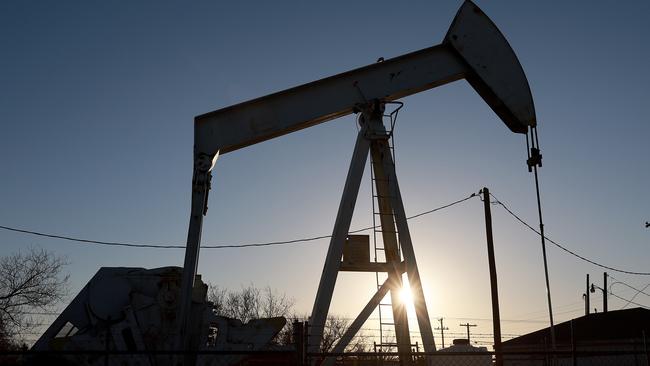
The recent mixed messaging from ministers on the most simplistic solution – cutting the fuel excise from 44c a litre – isn’t reassuring for voters.
More to the point, it signifies two things: the government is still trying to come up with an answer and there is no silver bullet, meaning whatever they eventually offer up is unlikely to satisfy everyone.
Last week, Energy Minister Angus Taylor argued the $20bn in annual fuel excise revenue was needed to pay for infrastructure, while Frydenberg said increased costs borne by Australians as a result of the conflict were “a price that we must be willing to pay”.
But then Morrison cracked the door open to reducing the excise, saying he was focused on “ensuring that we can address some of these immediate pressures” on cost of living.
This shift came without any political pressure from Labor, although several premiers led by Steven Marshall – who just happens to be trying to save his own skin in this weekend’s South Australian election – encouraged the idea. (Temporarily reducing the GST would also help households, but it would leave the premiers with less cash for hospitals and schools, so you won’t see them suggesting that.)
Cutting the excise would be popular but it is poor policy. Petrol prices are fluctuating so wildly any savings would likely be quickly eaten up. As a temporary measure, it would create further problems when the government tried to restore the charge. And it would create a black hole on roads funding that would have to be filled.
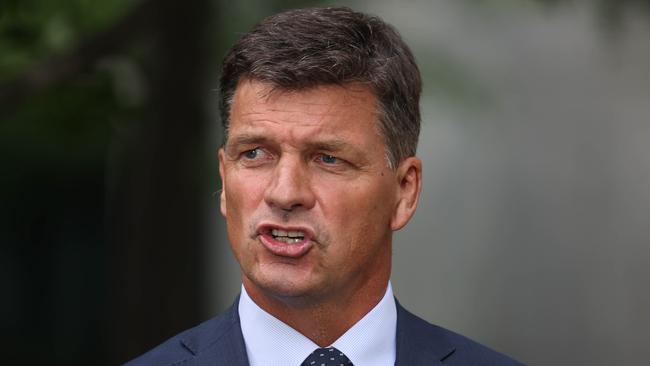
The other seemingly obvious measure available to Morrison and Frydenberg is extending the low and middle income tax offset for another year, putting up to $1080 back in the pockets of millions of workers. Senior ministers have gone back and forth on this for months, torn between going to an election essentially promising higher taxes – the offset is due to expire on June 30 – and risking accelerating inflation by splurging another $8bn.
While both are legitimate issues, the biggest problem with this course of action is a practical one: the offset is paid when workers lodge their tax returns, meaning they won’t see any extra cash until the middle of next year.
The government has already ruled out bringing forward the third stage of its legislated tax cuts plan, a wise move given doing so would mostly benefit higher income earners. But it means there aren’t many other levers to pull beyond delivering one-off handouts.
In some ways, Morrison has a strong story to tell on cost of living. Electricity prices are down 8 per cent over the past two years, while the tax cuts already implemented are saving $50 a week for someone on $90,000.

But voters are unlikely to give him credit when they are still feeling hip-pocket pain. In a sea of bad Newspoll numbers for Morrison on Monday, the most telling result was just 37 per cent of those polled considered him to be in touch with voters – 14 points below Albanese, and the lowest level for any PM since Tony Abbott seven years ago.
Of course, the budget will be about more than cost of living, with major announcements expected across the government’s five-point economic plan: cutting taxes and red tape; investing in infrastructure and skills; delivering affordable, reliable and clean energy; making Australia a top digital economy; and bolstering our sovereign manufacturing capability.
On many of those issues, however, the opposition already has substantial policy offerings. Senior Labor sources also say if the government tried to wedge them in the budget, they will be willing to match most big new ideas to neutralise them politically.
Root-and-branch tax reform is an area Morrison and Frydenberg should go bigger. Personal income tax delivers about half the government’s tax take, among the highest rates in the advanced world, and as the Herald Sun reveals on Thursday, the Coalition needs to cut taxes by about $8bn a year by 2027 to keep within its own revenue-raising speed limit.
But having resisted major changes beyond their existing income tax reforms, the government will not take such a risk so close to polling day.
Instead, it has been debating the merits of tax relief for draught beer drinkers. Like it or not, that really is small beer.
Tom Minear is Herald Sun national politics editor.
Originally published as Budget won’t be slam dunk the PM desperately needs


